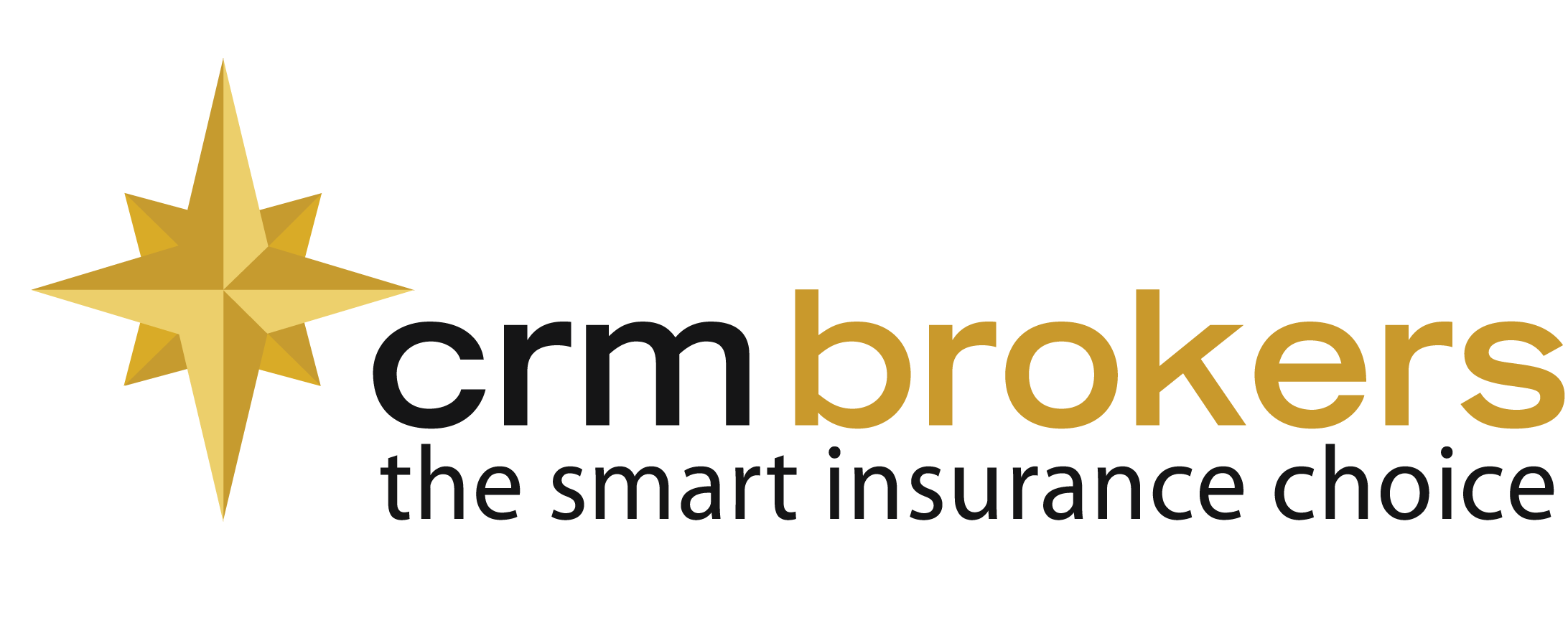
18 Apr 3 key questions to help safeguard your business
3 key questions to help safeguard your business
Running a small business is challenging in the best of times, so it’s not surprising that many small business owners put risk protection in the “too hard and too expensive” basket. But they do so at their peril.
A survey by the Insurance Council of Australia found that almost 13% of small businesses – and 24% of sole traders – are not insured. Of those who were insured, 10% admitted they didn’t have enough insurance for the value of their business assets. The most common reason for this was the perception that they couldn’t afford more insurance. But if an unexpected event would threaten your livelihood, can you afford not to be covered?
1. What are the risks my business faces?
These will depend on the type of business you run. For example, fire is a potential hazard for a coffee or takeaway shop. Whereas a motor vehicle accident or theft of tools would be major setback for an electrician, while for a claims professional, negligence could do financial and reputational damage to an accountant.
The main types of business risk fall into three broad categories:
- Damage to stock, equipment or property,
- Loss of income, and
- Liability for risks affecting you, your employees or members of the public you deal with.
2. What’s the solution?
CRM Brokers can tailor an insurance solution based on your business activities. The first concern is typically asset protection.
Common types of asset protection cover your business for theft and loss or damage to property, motor vehicles, machinery and stock.
While most businesses have some level of asset protection, risks to income are often overlooked. A worrying number of small to medium businesses overlook business interruption insurance, which can cover you for loss of income and increased expenses if your premises or fixed assets are damaged.
Business interruption insurance policies typically cover profits you would have earned, operating expenses, relocation costs, training costs, closure of your business premises due to government-ordered street closures and damage to your premises.
Say you are a local vet and your premises is destroyed by fire. Business interruption insurance can cover the costs associated with temporary relocation and loss of income.
Online businesses may need to consider insuring against loss of income due to computer breakdown, or cybercrime.
Public and product liability insurances are also important to consider, particularly if you run the risk of injury or property damage for people entering your premises or from products you supply. Meanwhile, professional indemnity is increasingly important for pharmacists, accountants, lawyers and anyone who gives advice.
3. What will it cost?
The amount you pay for insurance will vary depending on the type of business you run, the risks it’s exposed to and the policy’s benefits, exclusions and limits.
CRM Brokers can advise you on the type of insurance policies that you should have in place for your particular business, and work with you to customise a policy so you aren’t paying for cover that you don’t need.
Take the example of a dry cleaner whose premises burns down. They don’t have stock of their own, but their customers demand compensation for clothing that’s been destroyed. If you’ve got the goods of others under your control, you can have a public liability benefit altered to reflect that, but note this won’t cover your customers if you’re not responsible for the fire.
“To do that, you can take out cover in the damage section of your business package policy to reflect the value of customer goods in your possession,” says Steadfast broker support manager, John Clark.
While price is often an important issue for small business owners, ignoring risk is likely to cost far more. Getting the right advice and the right cover is the most cost effective way to guard your business success. This is where having a CRM Broker on your team can help you and your business.
Stay Informed – Connect with us on LinkedIn
Important Notice
This article provides information rather than financial product or other advice. The content of this article, including any information contained in it, has been prepared without taking into account your objectives, financial situation or needs. You should consider the appropriateness of the information, taking these matters into account, before you act on any information. In particular, you should review the product disclosure statement for any product that the information relates to it before acquiring the product.
Information is current as at the date the article is written as specified within it but is subject to change. CRM Brokers make no representation as to the accuracy or completeness of the information. Various third parties have contributed to the production of this content. All information is subject to copyright and may not be reproduced without the prior written consent of CRM Brokers.
Strata Insurance Insights: Why Insurers Are Keeping An Eye On Lithium-Ion Batteries
In recent years, Australia has experienced a surge in fires linked to lithium-io...
24 July, 2024Finalists Announced for the Strata Services Business Award
Finalists Announced for the Strata Services Business Award The independent judgi...
23 July, 2024Strata Insurance Insights: Helping Owners Overcome Placement Challenges
CRM Brokers specialises in helping Owners Corporations secure the most appropria...
08 July, 2024Premium Funding: A Cost-Effective Way to Pay for Strata Insurance
Managing your financial obligations is crucial for an owners corporation. Regula...
06 July, 2024





